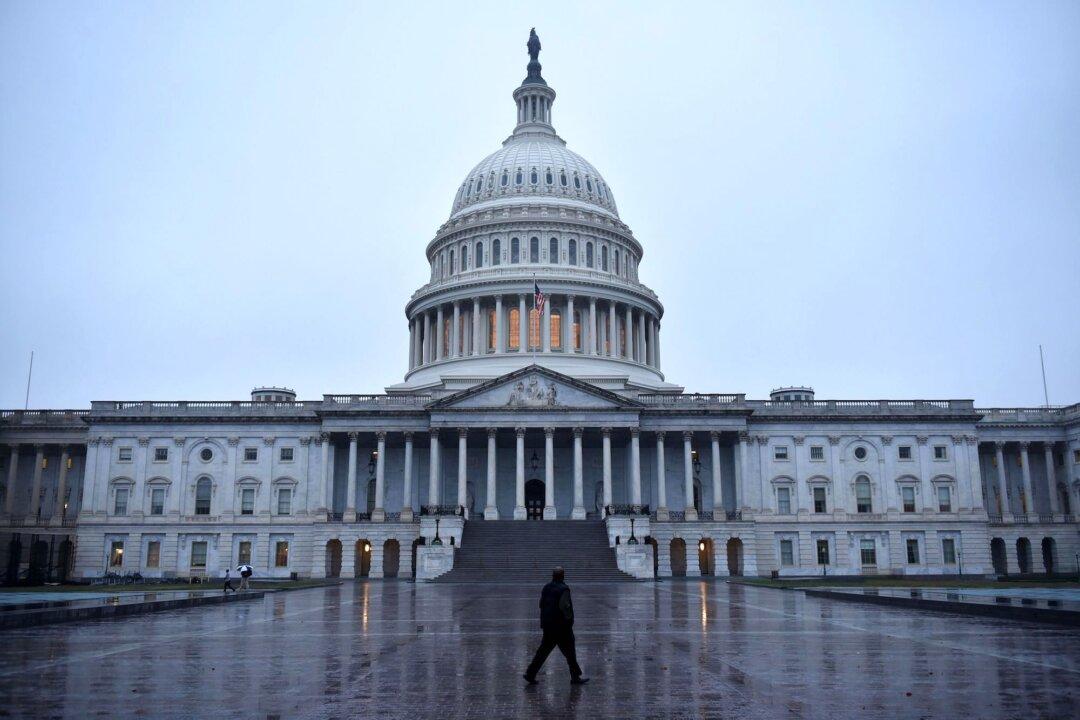Both Congressional chambers have returned to Washington this week, following the August recess. Senate and House lawmakers have about a month to pass legislation to fund the government along with another CCP virus relief package.
The Senate is back in session Tuesday, focused on confirming judges, voting on the next CCP virus relief bill, and heading off a government shutdown with a likely continuing resolution (CR). The House is focused on committee work this week and holding floor action starting next week.





